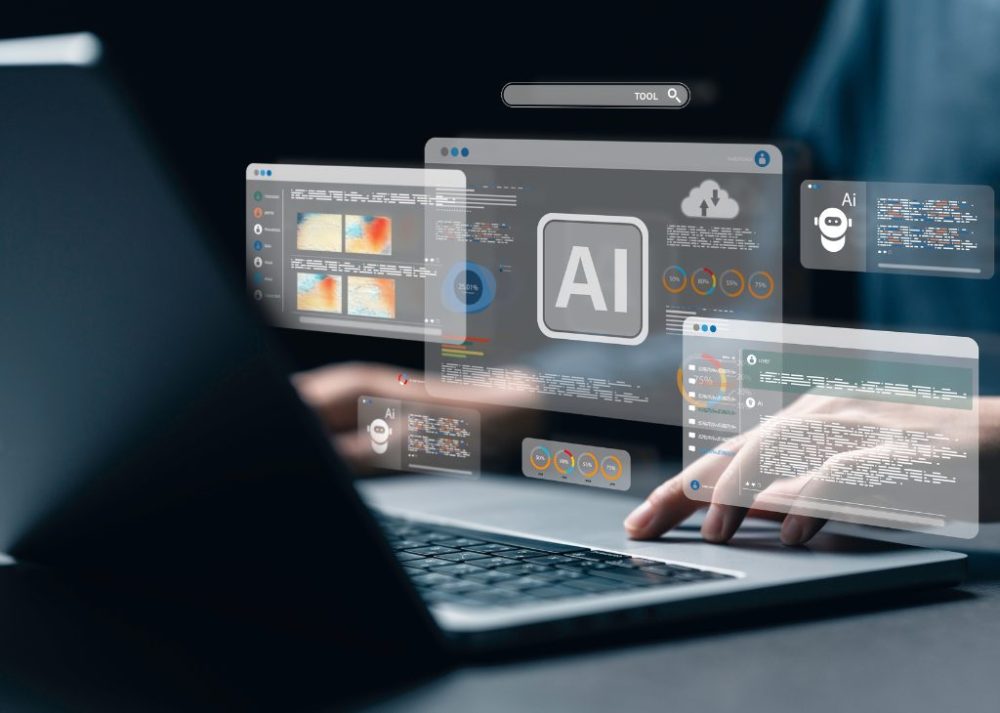
This summary is provided by the IPR Organizational Communication Research Center
Dr. Pok Man Tang and colleagues’ study examined how employees felt after spending considerable time during their workday interacting with artificial intelligence (AI). The researchers proposed that the more workers interacted with artificial intelligence during their work life, the stronger they would feel the need to connect with other people or have a stronger social affiliation. The authors also wanted to understand if AI interactions in the workplace would lead to stronger feelings of loneliness and other maladaptive behaviors as a result, such as insomnia or increased alcohol consumption.
Four studies were conducted. The first was an online survey and collaborative behavior monitoring with 166 biomedical engineers in Taiwan who primarily interact with AI systems. This study was conducted in Spring 2021.
The second study was an online survey of 126 consultants from a real estate organization in Indonesia that took place in Spring 2021 and also included reporting from a cohabitating family member.
The third study was an online survey of 214 full-time working adults in the United States which took place in Spring 2022.
The fourth study was an online study of 294 employees of a Malaysian technology company working with AI systems which took place in Spring 2022.
Key findings include:
1.) When employees interacted more with AI, they felt a greater need for social connection with others.
2.) Interaction with AI itself is more likely to increase employee loneliness.
— When interaction with AI caused feelings of loneliness, employees were more likely to experience increased insomnia.
3.) When employees interacted with AI, they were more likely to exhibit helpful behaviors with one another due to an increased need for social connection.
Implications for Practice
Organizations and leaders should consider the social outcomes that may come with increased AI interaction for employees. From a positive standpoint, employees may want to help and connect with one another more after interacting with AI during the workday. Employers should provide opportunities for employees to help and connect with one another in a positive manner, such as through mentorship or positive social opportunities. Conversely, employers should also consider how AI might negatively impact employees, such as increased feelings of loneliness, and provide support for employees to build healthy habits and mental well-being.
Find the original research here.



